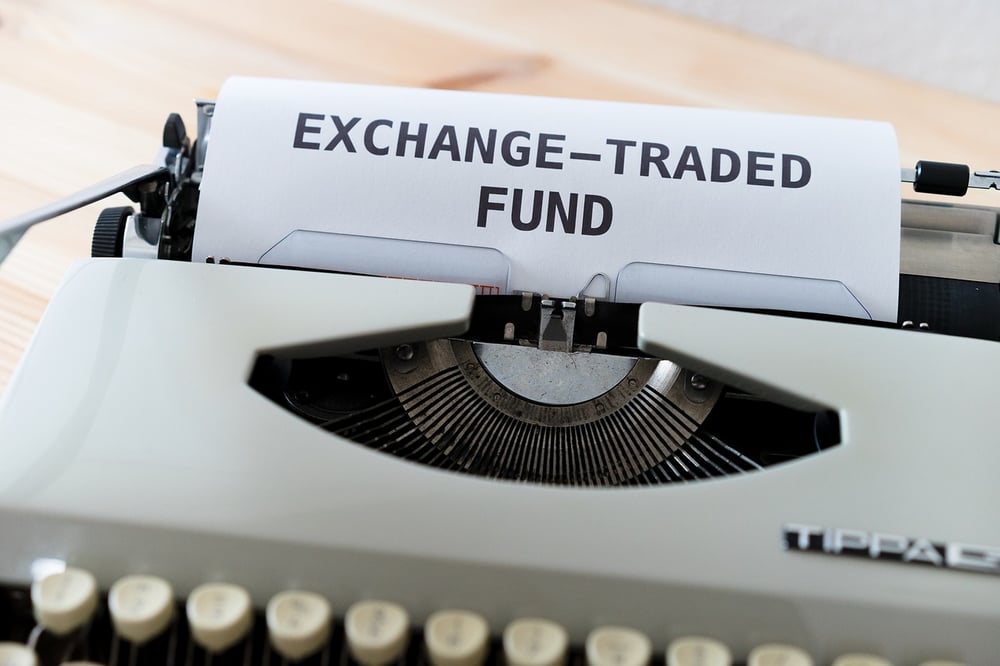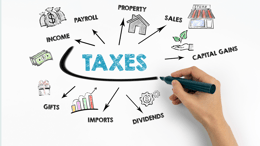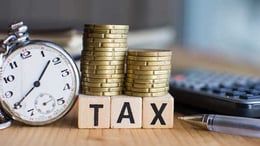
In February of this year, Revenue updated its guidance on how ETFs are taxed in Ireland. This did not receive much attention or commentary but it will significantly impact the amount of tax paid by Irish tax residents who currently hold investments in ETFs.
As a result, we have been busy helping our clients:
-
Get a clear picture of their ETFs tax exposure
-
Look at more tax-efficient investment options
A word of warning - tax is complicated and this is one of the more complicated areas of Irish tax. So, this will be high level. There are lots of nuances and caveats but for sake of clarity - we will only deal with generalit.
Previous to the recent guidance from Revenue:
Offshore Funds: Taxation of Income and Gains from EU, EEA and OECD member states Part 27-04-01
Profits from ETFs were treated similarly to regular stocks and shares, being taxed as capital gains.
If you were a Non-Dom, the tax was normally payable only subject to remittance. So in many cases, the capital gain did not trigger a taxable event in Ireland. This made many people, very happy!
Since the above guidance, this has changed.
Now, as a rule, the following is true:
-
The gains from ETFs are taxable at 41% (taxed as income)
-
ETFs that are domiciled in the EU & OECD are not subject to remittance for Non-Doms. All gains are taxable.
-
Losses on funds cannot be written off against other capital gains
This is very important. ETFs are extremely popular investments and make a lot of sense from an investment perspective but they may not be tax efficient. The majority of people invest in ETFs via online brokerages like Dejiro or Interactive Brokers. These platforms make investing easy but they do not offer any meaningful tax advice.
Remember, when investing you need to consider both the potential for investment gains and how these gains are taxed. If you ignore the latter, then you will reduce your gain.
What can you do?
If you own ETFs, you need to talk to a tax advisor. This is even more pertinent if you are a Non-Dom and tax resident in Ireland. Get in contact with us if you want to:
-
Get a clear picture of their ETFs tax exposure
-
Look at more tax-efficient investment options



